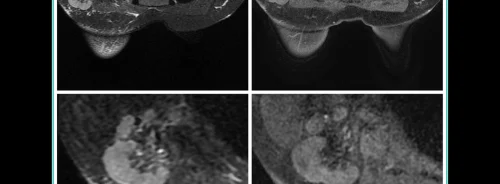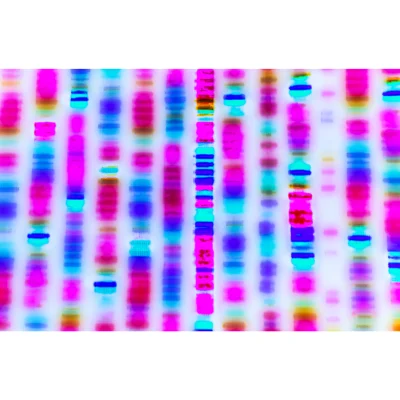Triple-Negative Breast Cancers (TNBCs) are more challenging to treat because they are not driven by estrogen receptors, progesterone receptors, or excess HER2 protein, typical targets for breast cancer therapeutics. Thus no standard therapy has shown proven efficacy for treating this patient population. Furthermore, this group of patients, which account for 10-15% of all breast cancers, show a high risk of recurrence.
Theoretically, next-generation sequencing (NGS) can detect tumour genomic biomarkers to personalise treatment. This means that NGS can identify which cancer therapeutics are more likely to succeed for each patient. This approach tailoring each medical treatment to the patient is often referred to as ‘precision medicine.’ Taking a personalised, targeted treatment approach may improve patient outcomes, especially for TNBCs where no standard therapy exists.
To test this, researchers compared the physician’s choice of therapy to drugs selected based on NGS-identified targets of the residual tumour. The phase 2 trial (ClinicalTrials.gov Identifier: NCT02101385) represents one of the largest to test a precision medicine approach to that of the standard of care. The study enrolled 193 TNBC patients with residual disease after neoadjuvant chemotherapy. All excised tumours were sequenced using NGS. Among patients where NGS identified actionable genomic targets, 71 were assigned to receive genomically-targeted treatment, which received one of eleven different therapies. Another 73 were given the physician’s choice of therapy, which consisted of one of six different regimens or no treatment.
Measured primary outcomes included two-year disease-free survival (DFS) among patients. Secondary endpoints included distant disease-free survival, overall survival, toxicity assessment, time-based evolution of therapy, and drug-specific outcomes. Two-year DFS for patients in the NGS-directed arm and the physician’s choice arm were comparable: 56.6% and 62.4%, respectively. Likewise, distant disease-free survival, and overall survival showed no significant differences between genomically-targeted treatments and the physician’s choice of therapy.
Given that outcomes for NGS-guided therapy did not differ from that of the standard of care, the trial researchers felt that using NGS to determine treatment should not be used outside of a clinical trial.
For more Women's Health newsClick here











